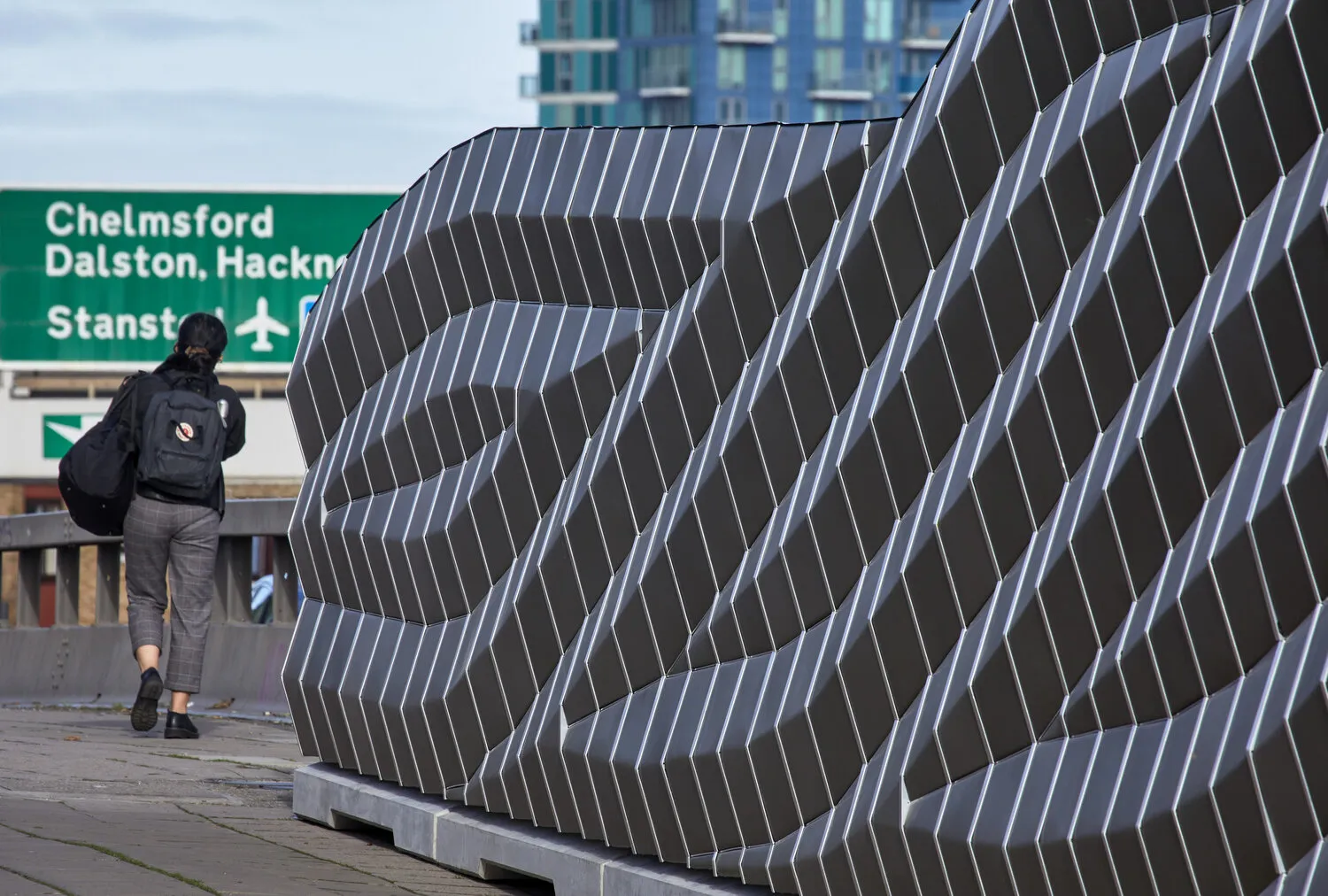A prototype sensor developed at the University of Birmingham, UK, is could end the annual autumn rail chaos caused by wet leaves on the line.
Funded by EPSRC and the Rail Safety and Standards Board, Lee Chapman, Professor of Climate Resilience at the University worked with Alta Innovations, the University’s technology transfer company, to transform the concept into a reality.
His new technology, called AutumnSense, uses low-cost sensors to continuously measure the level of moisture on the railway l
November 17, 2016
Read time: 2 mins
A prototype sensor developed at the University of Birmingham, UK, is could end the annual autumn rail chaos caused by wet leaves on the line.
Funded by EPSRC and the Rail Safety and Standards Board, Lee Chapman, Professor of Climate Resilience at the University worked with Alta Innovations, the University’s technology transfer company, to transform the concept into a reality.
His new technology, called AutumnSense, uses low-cost sensors to continuously measure the level of moisture on the railway line at potentially thousands of sites across the network. By linking this data with a leaf-fall forecast, operators can identify where and when the risk is greatest. This allows the precise and efficient use of automated treatment trains, which can clear the lines before the morning rush hour starts. His team are now testing the next element of the solution which is a low-cost method to count the number of leaves remaining on the trees.
Professor Chapman’s team had previously developed low-cost devices that are fitted to lamp-posts, and transmit data on road surface temperatures, to show precisely where road gritting is needed, and where it isn’t. The road technology, called WinterSense, is currently being tested by commercial partners and is expected to be in mass production by the end of this winter.
Chapman is marketing AutumnSense and WinterSense through AltaSense, an operating division of Alta Innovations, and hopes to incorporate by autumn 2017.
Funded by EPSRC and the Rail Safety and Standards Board, Lee Chapman, Professor of Climate Resilience at the University worked with Alta Innovations, the University’s technology transfer company, to transform the concept into a reality.
His new technology, called AutumnSense, uses low-cost sensors to continuously measure the level of moisture on the railway line at potentially thousands of sites across the network. By linking this data with a leaf-fall forecast, operators can identify where and when the risk is greatest. This allows the precise and efficient use of automated treatment trains, which can clear the lines before the morning rush hour starts. His team are now testing the next element of the solution which is a low-cost method to count the number of leaves remaining on the trees.
Professor Chapman’s team had previously developed low-cost devices that are fitted to lamp-posts, and transmit data on road surface temperatures, to show precisely where road gritting is needed, and where it isn’t. The road technology, called WinterSense, is currently being tested by commercial partners and is expected to be in mass production by the end of this winter.
Chapman is marketing AutumnSense and WinterSense through AltaSense, an operating division of Alta Innovations, and hopes to incorporate by autumn 2017.










